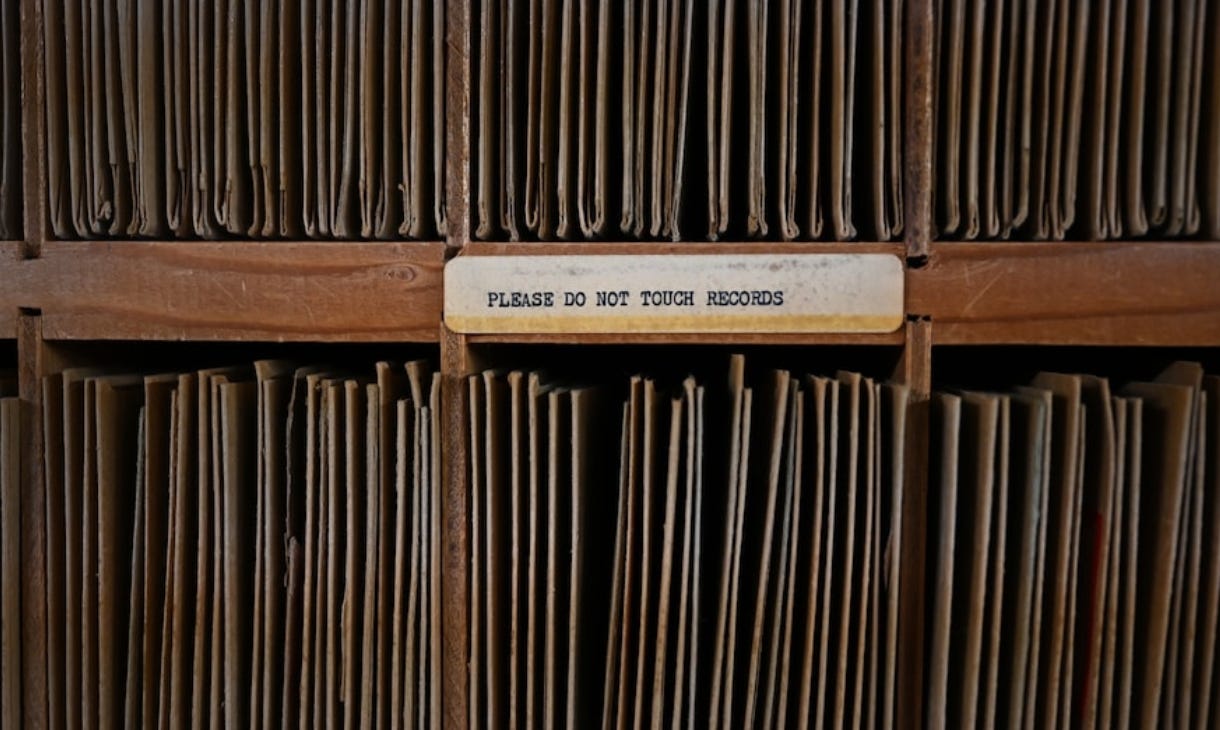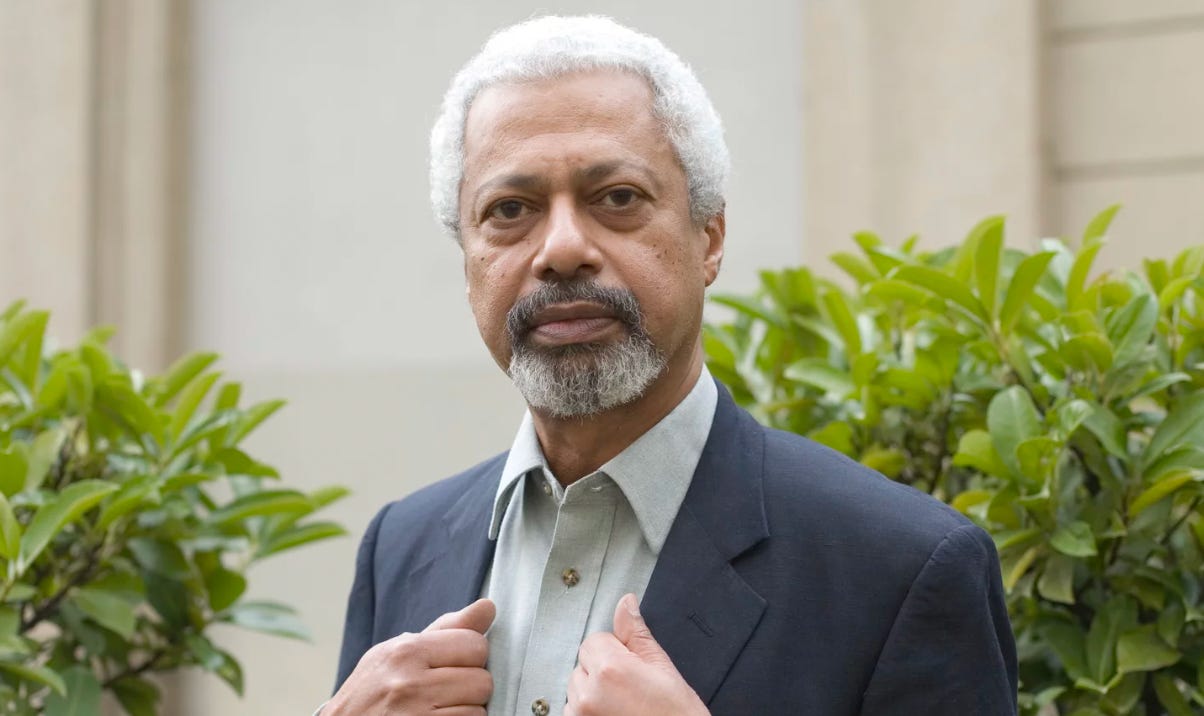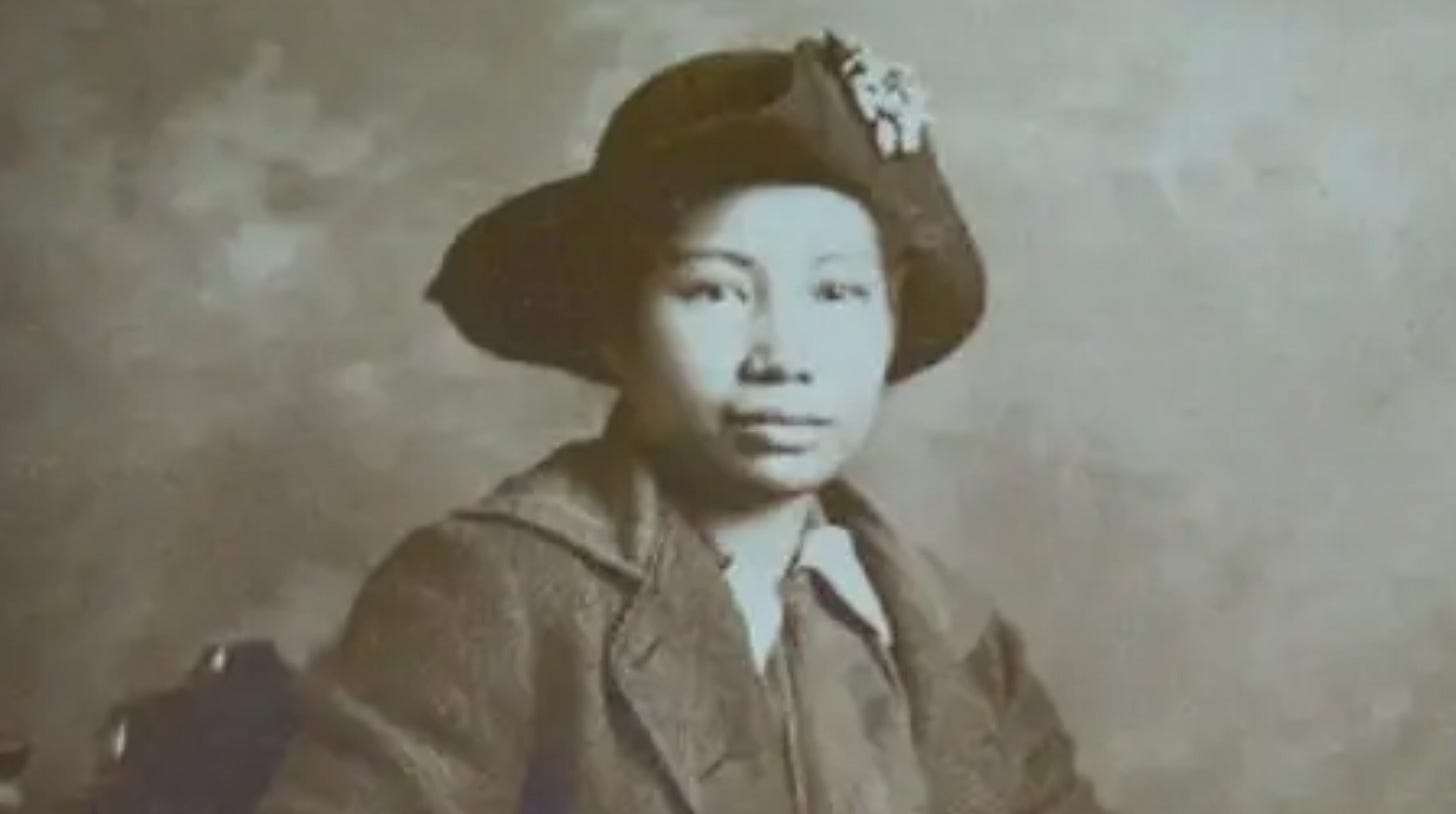The King Of Record Collecting
“A story has no beginning or end: arbitrarily one chooses that moment of experience from which to look back or from which to look ahead.”― Graham Greene
Yes, I am a problematic record collector. I have been collecting records my whole life. William Burroughs once said (and I am paraphrasing) that true addiction only happens after a long period of having a habit. I am not sure when it actually took hold, this lifelong drive to collect records: was it after the first records I owned (the first four Monkees records, which were given to me when I was 3 days old), or when I was in college rummaging regularly with The Birdman, or during my days at Warner Bros where I focused my company credit card on acquiring vinyl? Whenever the moment was, it happened and now when I move from place to place, I move with a hell of a lot of dead weight. I am a problematic record collector.
And as a PRC, I long ago entered the PRC Universe, filled with Superheroes that put me to shame: legends of collecting who have created complex systems and spent thousands of hours amassing collections that were infinity-stone powerful. The first of these heroes that I got to know was Geoffrey Weiss. He was the product manager for most of my bands at Warner Bros. and he was a legendary record collector. Not only did he turn me on to music that I had never known existed (with a focus on one of my favorite genres: psychedelia) but opened my eyes to the next level of album appreciation and desirability. He is a trusted source to this day who is always up for a conversation about records and always up for a trade.
We lost one of the greatest record collectors of all time this week, Joe Bussard. Joe Bussard was the preeminent collector of the early days of the flat, round, shellack discs (after the cylinder era) that featured the blues, folk and country recordings that make up the foundation of the American sound. I never got a chance to meet Bussard or have a session in his basement, but from what I hear it entailed listening to classic records that he owned the sole copy of, having the music come to life on his perfectly dialed-in sound system…journeying back in time with him and the greatest musicians of the early recorded era.
Bussard seemed generous with his collection, allowing researchers and reissuers access to it when his was the only collection that held copies of the specific records needed. Lance Ledbetter of Dust To Digital worked with Bussard from the get-go, when he and his partner April were producing the game-changing highly researched and designed Goodbye Babylon gospel box set. Lance wrote a beautiful piece about Bussard on The Dust To Digital newsletter this week which includes the great documentary he produced about Bussard a few years back. The name of the doc is King Of Record Collectors. And Bussard was the king.
The Washington Post recently published an article (which we covered here on The Signal) that asked Bussard what would happen with his record collection after he passed (it also details a listening session with him…worth the read). In true record collector form, he answered:
“I like to say I’ll enjoy them until I croak…Then whatever they do with them is fine.”
But what do you do with a collection that is one-of-a-kind…that is beyond a collection, that is a part of world history? Do they go to the Library of Congress? Bussard HATED that idea…he wanted them to be played, not stashed in a mountain. So what do you do?
Joe Bussard was much more than just a record collector. He was a record label owner…he was a musician. But when he passed away this week, we lost the king of record collecting. Long live the king.
Mexico to Investigate Collector Who Burned Alleged Frida Kahlo Drawing for NFT Project
This is disgusting: “Mexican collector Martin Mobarak claims to have set fire to a drawing made by Frida Kahlo as part of his NFT initiative Frida.NFT. Video that appeared to show the burning was posted on Twitter by Arte Capital last week.
'Warholcapote' recreates a play conceived by Andy Warhol and Truman Capote
“NPR's Scott Simon talks with Rob Roth, the author of "WARHOLCAPOTE," a book that recreates a play conceived by the artist Andy Warhol and writer Truman Capote.” Lit hub also published an interesting article about the relationship between the two artists.
Some Predictions For Who (Should) Win the 2022 Nobel Prize for Literature
While there is much reporting about the war in the Ukraine and its shadow over Nobel Prize Season…supposedly next week we will start hearing about the winners of the illustrious awards. This article digs into the authors it sees as being on the short list of the Nobel Prize for Literature…
Overlooked No More: Maria Orosa, Inventor of Banana Ketchup
The NY Times series on reporting about people whose deaths went unreported (and legacies undocumented) is often truly fascinating. Take this story published this week, about the inventor of banana ketchup, a product still very much used today.
Spiritualized: Everything Was Beautiful review – a sweet din of magnificent melodies
How did I miss that there was a new Spiritualized record…a half a year ago? Listened to it for the first time as the sun rose this morning….going to give it some more spins over the weekend….
From Jay Babcock’s fab. [Landline] newsletter, published this week (you really should check it out. The new one also includes excerpts from EYE’s twitter tweets). I have been on a major Gary Snyder kick as of late (see the poem from the last newsletter) and Jay helped me fee it with this piece from the privately circulated Upriver/Downriver newsletter, Number 10, circa 1991…
“Things That Really Work” by Gary Snyder
DON’T MOVE!
Without further rhetoric or utopian scheming, I have a simple suggestion that if followed would begin to bring wilderness, farmers, people, and the economies back. That is: don’t move. Stay still. Once you find a place that feels halfway right, and it seems time, settle down with a vow not to move any more. Then, take a look at one place on earth, one circle of people, on realm of beings over time, conviviality and maintenance will improve. School boards and planning commissions will have better people on them, and larger and more widely concerned audiences will be attending. Small environmental issues will be attended to. More voters will turn out, because local issues at least make a difference, can be won—and national scale politics too might improve, with enough folks getting out there. People begin to really notice the plants, birds, stars, when they see themselves as members of a place. Not only do they begin to work the soil, they go out hiking, explore the back country or the beach, get on the Freddies’ ass for mismanaging Peoples’ land, and doing that as locals counts! Early settlers, old folks, are valued and respected, we make an effort to learn their stories and pass it on to our children, who will live here too. We look deeply back in time to the original inhabitants, and far ahead to our own descendants, in the mind of knowing a context, with its own kind of tools, boots, songs. Mainstream thinkers have overlooked it: real people stay put. And when things are coasting along ok, they can also take off and travel, there’s no delight like swapping stories downstream. Don’t Move! I’d say this really works because here on our side of the Sierra, Yuba river country, we can begin to see some fruits of a mere fifteen years’ inhabitation, it looks good.
The Speed of Light
By: W.S. Merwin
So gradual in those summers was the going
of the age it seemed that the long days setting out
when the stars faded over the mountains were not
leaving us even as the birds woke in full song and the dew
glittered in the webs it appeared then that the clear morning
opening into the sky was something of ours
to have and keep and that the brightness we could not touch
and the air we could not hold had come to be there all the time
for us and would never be gone and that the axle
we did not hear was not turning when the ancient car
coughed in the roofer's barn and rolled out echoing
first thing into the lane and the only tractor
in the village rumbled and went into its rusty
mutterings before heading out of its lean-to
into the cow pats and the shadow of the lime tree
we did not see that the swallows flashing and the sparks
of their cries were fast in the spokes of the hollow
wheel that was turning and turning us taking us
all away as one with the tires of the baker's van
where the wheels of bread were stacked like days in calendars
coming and going all at once we did not hear
the rim of the hour in whatever we were saying
or touching all day we thought it was there and would stay
it was only as the afternoon lengthened on its
dial and the shadows reached out farther and farther
from everything that we began to listen for what
might be escaping us and we heard high voices ringing
the village at sundown calling their animals home
and then the bats after dark and the silence on its road
This newsletter is dedicated to the memory of Mimi Mindel who shared a loved of W. S. Merwin. How lucky are we?













